Last week's NATO summit increased efforts to assist Ukraine in taking the fight to Russia, but "the escalation of the conflict needs to cease", and "the situation is incredibly dangerous", experts say.
"Twenty-five thousand more soldiers will be dead by now, and nothing will have changed for the better," said Sourabh Gupta, a senior fellow at the Institute for China-America Studies in Washington.
"Why not try to stop the fighting right now and try to have some sort of a cease-fire? But the West's actions are not moving in that direction at this point of time."
At a live dialogue on the summit on Thursday, Helga Zepp-LaRouche, founder of the Schiller Institute, a political and economic think tank in Germany, said: "If you look at it from the side of NATO, there is no option of diplomatic solution of going back to any kind of negotiations. There is only the policy of defeating Russia."
The three-day NATO summit was held in Washington from Tuesday to Thursday.
During a post-summit news conference in Washington, the alliance's Secretary-General Jens Stoltenberg said, "At this summit, we are turning a corner and putting in place the foundations for Ukraine to prevail."
Gupta said the West's approach is not helping matters because they should be pushing Ukraine to have some conversations with Russia to de-escalate the situation and reach a cease-fire now. "They are fueling the conflict by providing more arms," he said, mentioning that the European members of NATO and the US have been continuing with "their sanctions routinely".
NATO members have been taking different approaches to how Ukraine can use the military aid they provide — some, for now, only allow the weapons to be used inside Russia's border against targets that support Russia's special military operation in Ukraine, while some support Ukraine using them to strike targets deep inside Russia.
During the summit, Ukrainian President Volodymyr Zelensky called for lifting all the limitations to "win" and "prevail".
Zepp-LaRouche said, "This idea that what is now being pushed practically by all of NATO, that all weapon systems can be used deep into the territory of Russia, is a prescription that sooner or later we will reach a point of no return."
According to her analysis, the accusation of NATO is that Russian President Vladimir Putin's intentions include reinstating the Soviet Union and acquiring Ukraine and "will not stop". Zepp-LaRouche described this accusation as "arrogance".
"I have not seen any fact, any proof that accusation is truthful, but the entire NATO behavior rests on that characterization of Putin's intentions supposedly.
"But that arrogance of the so-called collective West is the problem. Because it is that arrogance which prevents these people from seeing the world as it is."
Plan triggering response
In a joint statement with the German government on Wednesday, the White House said the "episodic deployments" of more advanced long-range missiles to Germany will begin in 2026.
Both sides said this plan demonstrates the US' "commitment to NATO and its contribution to the defense of Europe", which triggered Russia's vow of a "military response".And in a common declaration on Wednesday, leaders of NATO countries said Ukraine is on an "irreversible path" to NATO membership.
Zepp-LaRouche compared these actions to the 1962 Cuban missile crisis, saying, "It is a legitimate security interest of Russia to make that point."
She also talked about the expansion of NATO, its policy of "expanding to the east to encircle Russia more and more to now add to that, to encircle China", which is "very dangerous".
"What business do they have to try to expand to a global system all over the world trying to contain Russia and China?" She asked, also pointing out that countries of the Global South do not agree with that and insist on building their own system.
"It is very rational. It's very understandable. It's legitimate. Nobody has the right to impose their will on the majority of the world population, which is what these countries are, who together represent 85 percent of the human population," she said.
"The best way to resolve it is to go in the direction of sovereignty. The Five Principles of Peaceful Coexistence are a model, out of which all of international law came. The UN Charter is in cohesion with that."
The NATO declaration also called China a "decisive enabler" of the Russia-Ukraine conflict. Chinese Foreign Minister Wang Yi said China will never accept the "unfounded accusations" over a phone call with his Dutch counterpart Caspar Veldkamp.
Gupta said NATO's claim on China is "absurd but not surprising".
"They don't have any specific follow-up plans to punish China for its alleged behavior, whether it be so-called economic coercion or decisive enabler," he said. "This case-by-case characterization seems to me to be just one way to get headlines in the 24-hour news cycle."
He said it might come to a point, maybe this year or the next, when there will be "complete exhaustion "for all the main parties fighting the conflict, and their backers.
"But the West will realize that the front lines are not going to change and that we now need a political solution to at least stop the war," he said.








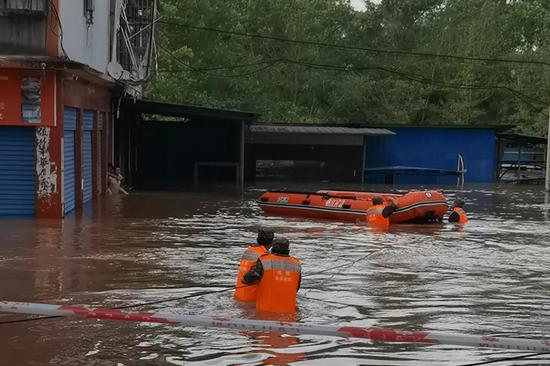
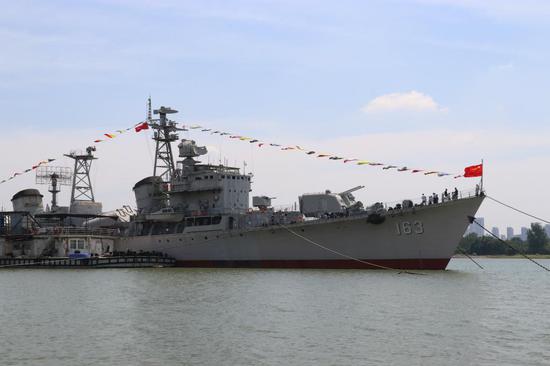
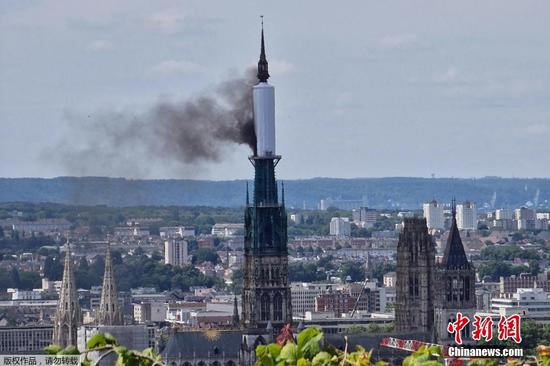

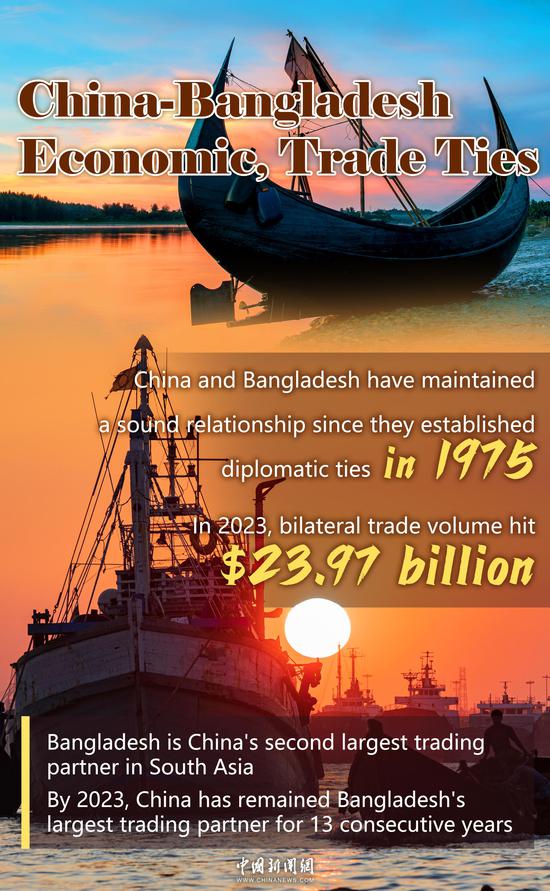
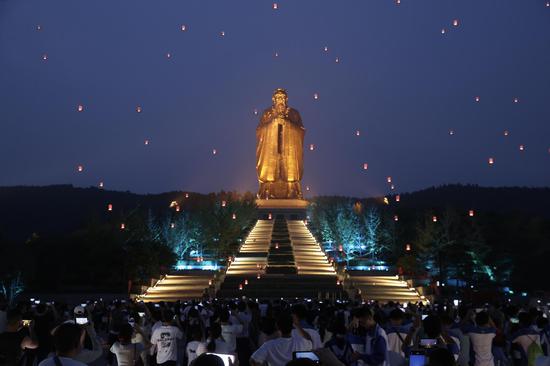
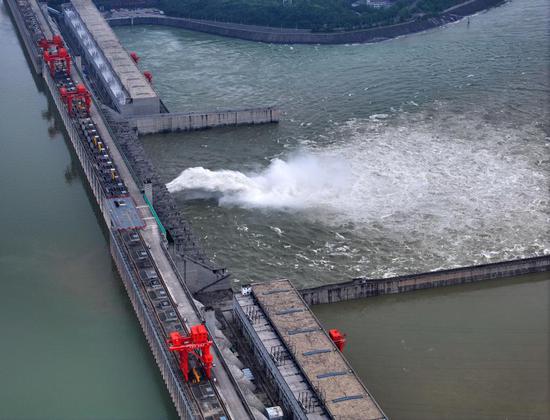
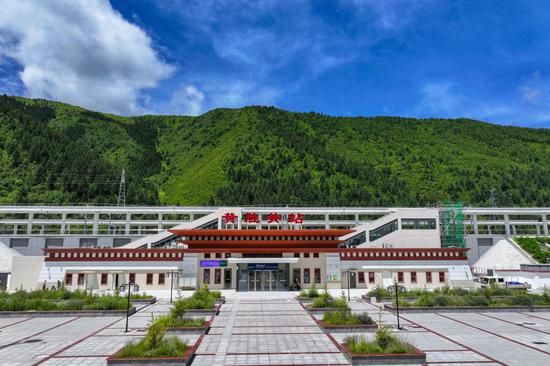
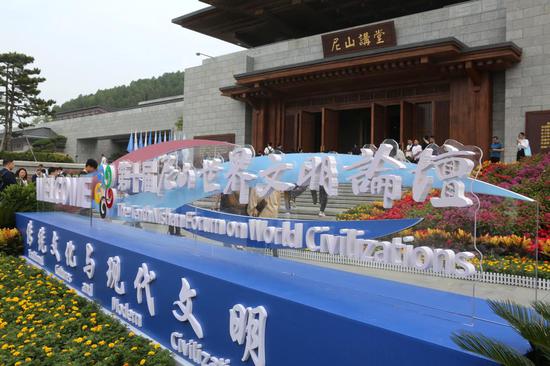
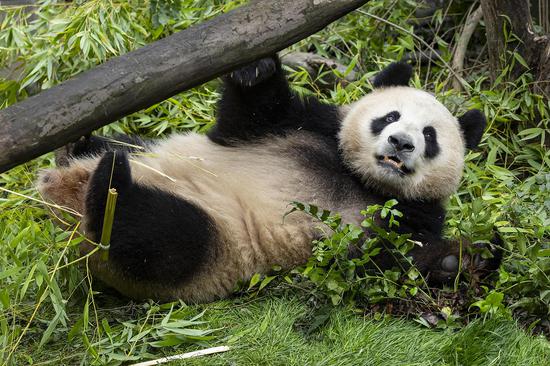

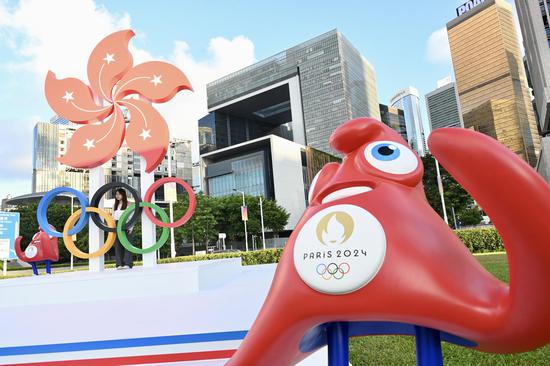

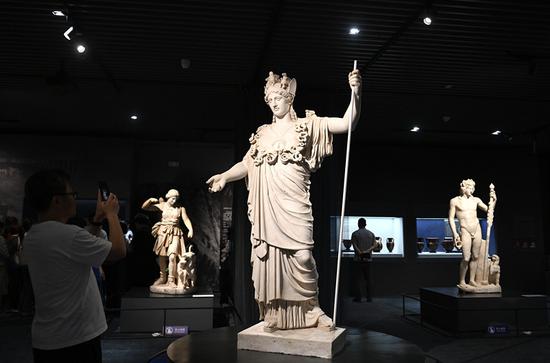

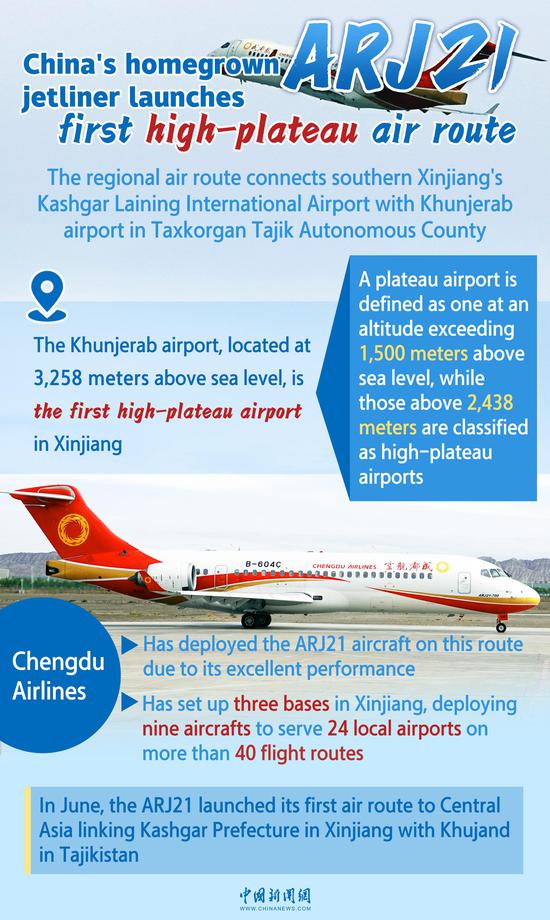
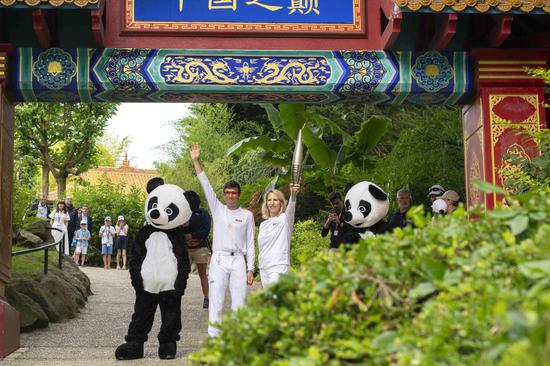
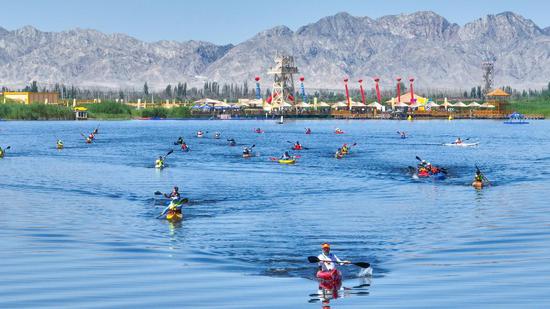
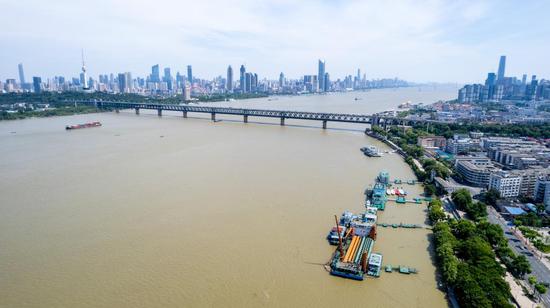
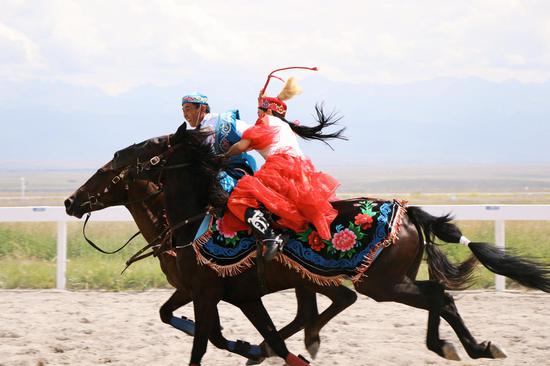
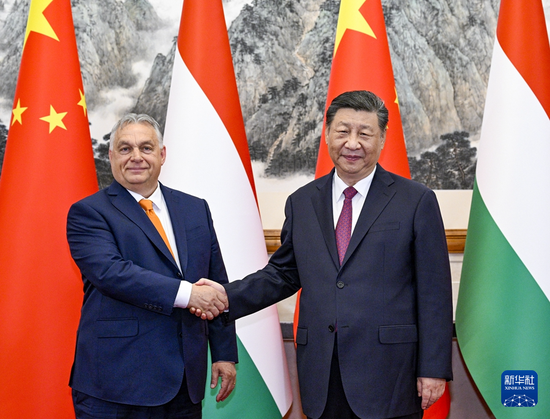

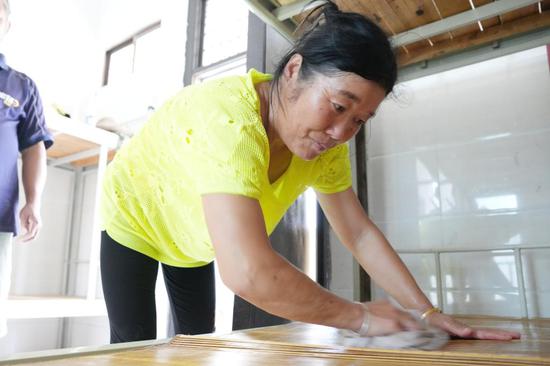
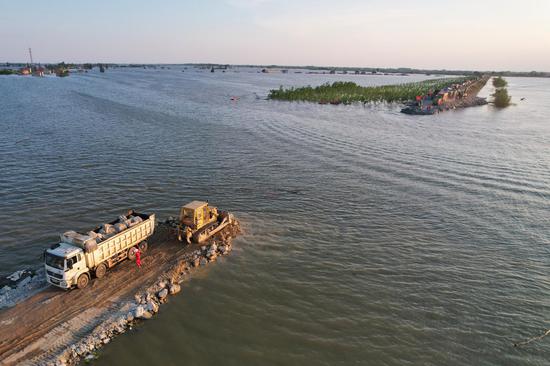
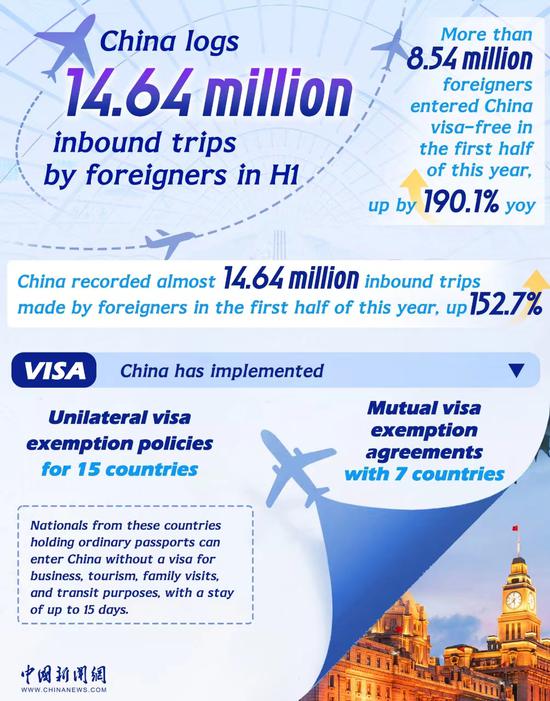
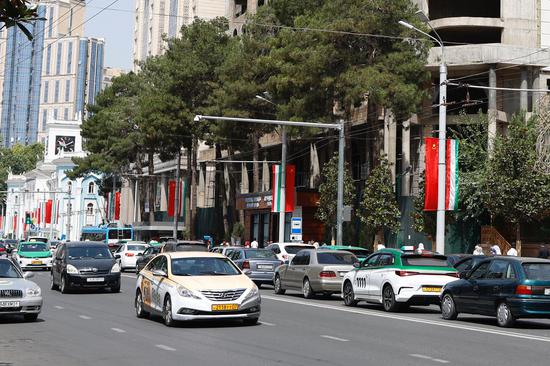
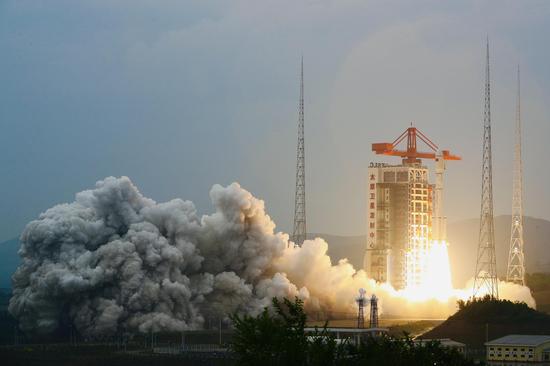
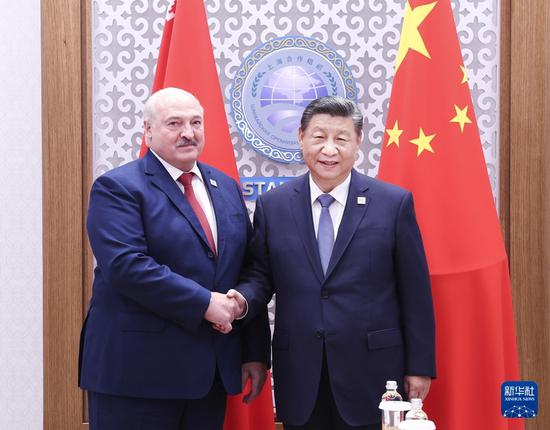
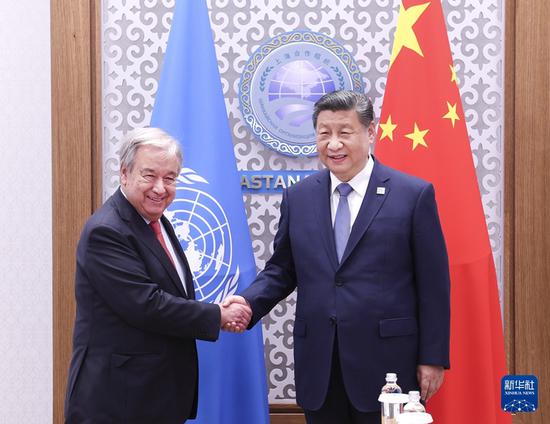
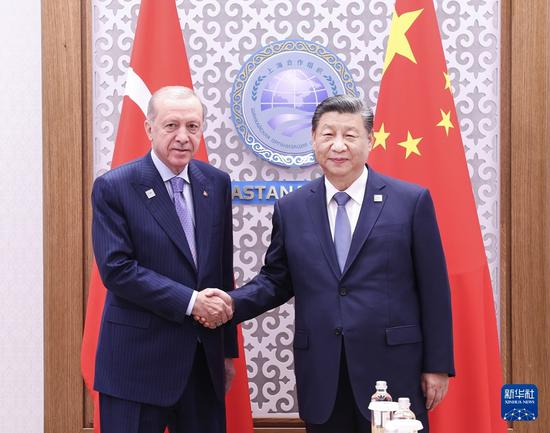
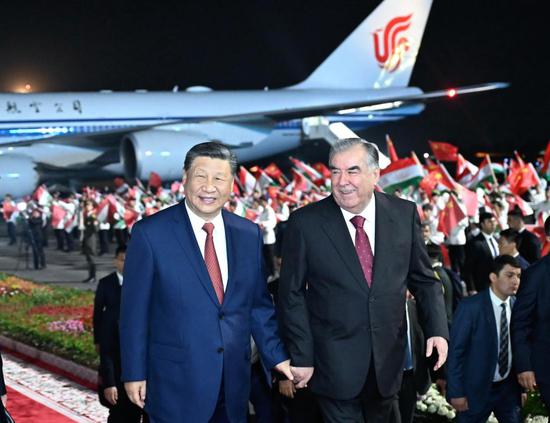
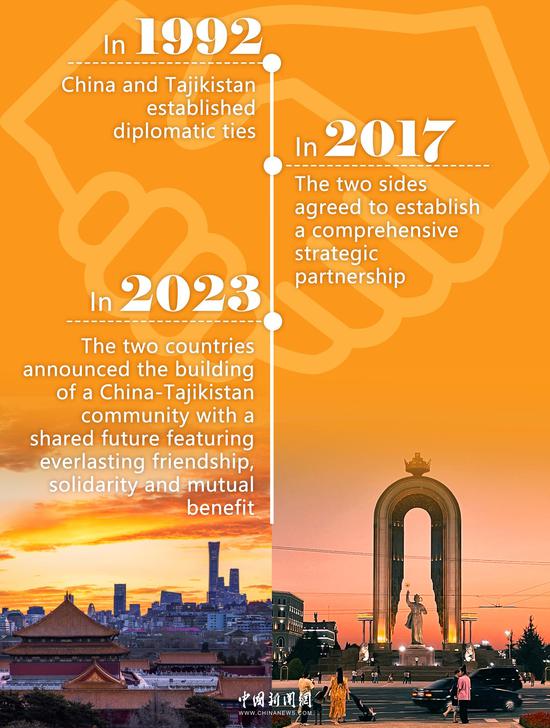
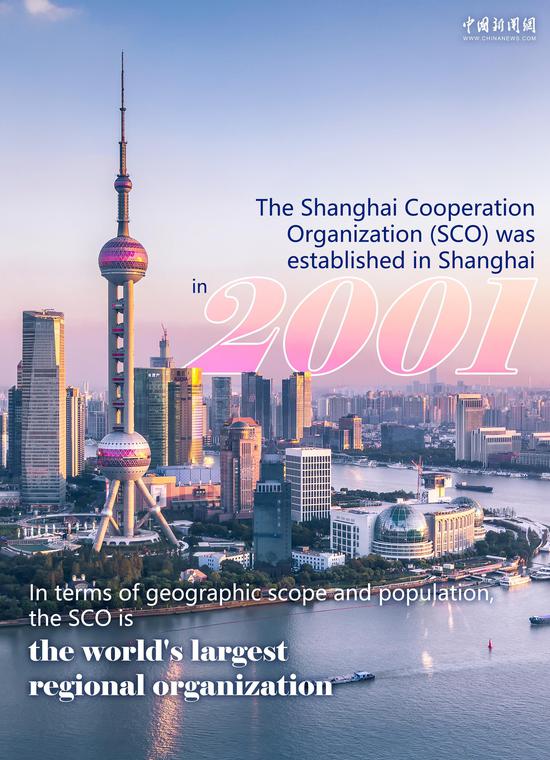
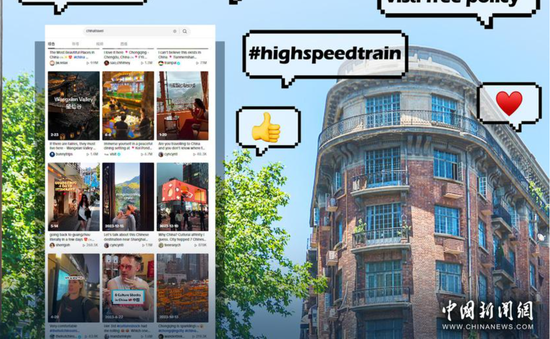
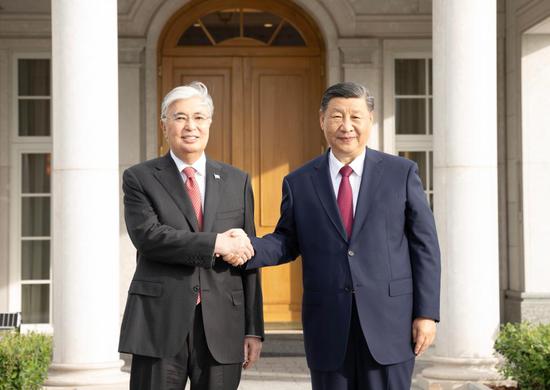
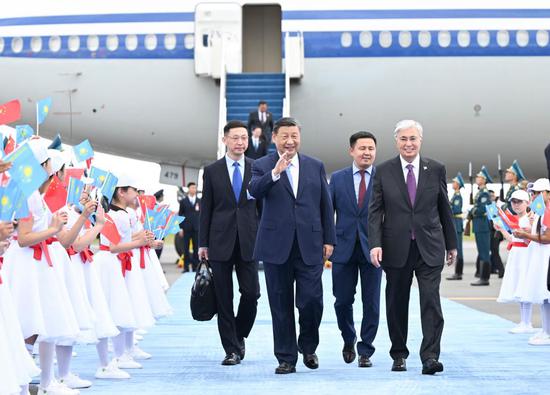
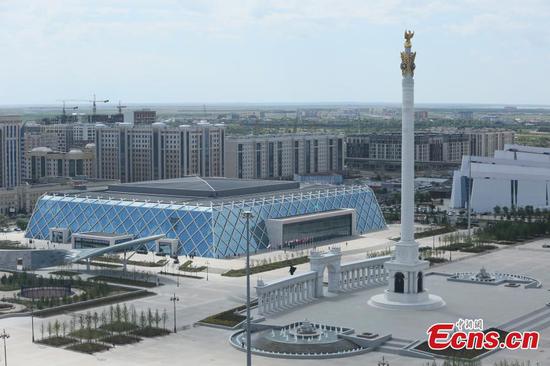



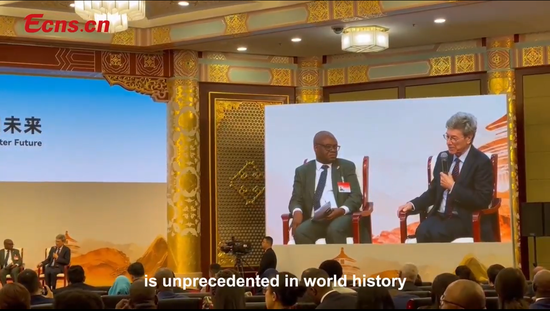

 京公网安备 11010202009201号
京公网安备 11010202009201号